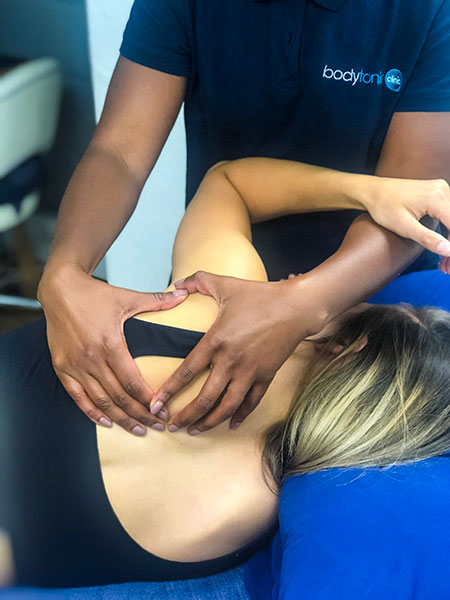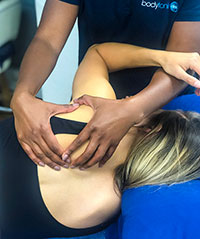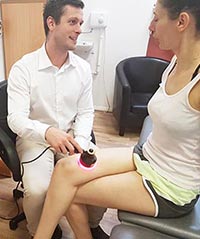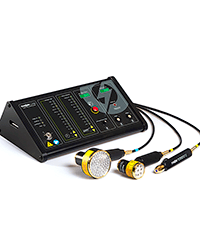As practitioners we are frequently asked, ‘How can you help me? What do you do?’
So let me help you understand what an osteopath does and how we can help.

What is osteopathy?
Osteopathy is a regulated health profession based on the principle that an individual’s wellbeing depends on the smooth functioning of their bones, muscles, ligaments and connective tissues. Similar to physiotherapy and chiropractic medicine, there are many overlaps between the three professions.
How can an osteopath help me?
The following conditions below are some of the more commonly treated issues
* Acute & chronic backache, back pain and neck pain
* Headaches and migraines
* Sports injuries
* Muscle spasms, cramp and joint pains
* Frozen shoulder and tennis elbow
* Circulatory and digestive problems
* Arthritic and rheumatic pain

What does an osteopath do and what should I expect?
An osteopath will take you through a detailed case history and examination to determine your suitability for treatment and the type of techniques to be used. Techniques range from soft tissue massage, stretching, joint manipulation as well as exercise rehab including Pilates and strength conditioning. Some osteopaths will use cranial osteopathy (a gentle technique suitable for babies and children) or visceral osteopathy.
5 Top Tips
1. Most of our patients are referred to us by friends who have had osteopathic treatment and recommend our team, so ask your friends and family for a personal recommendation.
2. There’s no harm in asking questions first and some clinics offer a free consultation in person or even over the phone. We find our free consultations put patients at ease by allow them to visit and meet the practitioner first.
3. Find an osteopath who has a particular interest or expertise in the injury or concern that you have. There are different styles of osteopathy; some are suited better to babies, some to sports injuries and some to the elderly.
4. Check your medical insurance policy. Most big businesses provide a workplace medical insurance policy where osteopathy is covered. Always check with your policy provider first. At bodytonic clinic our most used providers are BUPA, AXA PPP and Simplyhealth.
5. Make sure your practitioner is properly trained. By law osteopaths must be registered with the GOSC (a governing body which regulates the standards of osteopathy) and osteopaths train to Degree and Master’s levels over 4-5 years plus years of postgraduate training. Some therapists may have only trained for 1-2 days and advertise similar services, so it’s always good to check credentials to make sure you’re being treated safely by a registered, experienced and knowledgeable practitioner.
bodytonic clinic
Suite 10-11, Dock Offices
Surrey Quays Road
SE16 2XU
and other clinics in Stratford and Wapping
t: 0203 606 0490
e: info@bodytonicclinic.co.uk
w: bodytonicclinic.co.uk






























